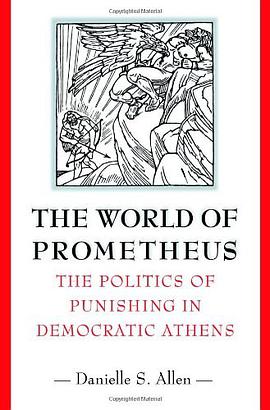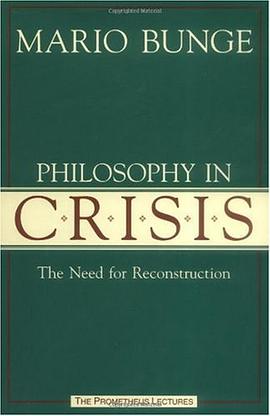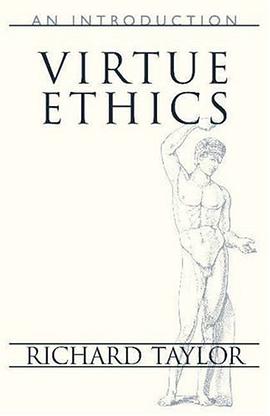

具體描述
For Danielle Allen, punishment is more a window onto democratic Athens' fundamental values than simply a set of official practices. From imprisonment to stoning to refusal of burial, instances of punishment in ancient Athens fueled conversations among ordinary citizens and political and literary figures about the nature of justice. Re-creating in vivid detail the cultural context of this conversation, Allen shows that punishment gave the community an opportunity to establish a shining myth of harmony and cleanliness: that the city could be purified of anger and social struggle, and perfect order achieved.Each member of the city - including notably women and slaves - had a specific role to play in restoring equilibrium among punisher, punished, and society. The common view is that democratic legal processes moved away from the 'emotional and personal' to the 'rational and civic,' but Allen shows that anger, honor, reciprocity, spectacle, and social memory constantly prevailed in Athenian law and politics. Allen draws upon oratory, tragedy, and philosophy to present the lively intellectual climate in which punishment was incurred, debated, and inflicted by Athenians. Broad in scope, this book is one of the first to offer both a full account of punishment in antiquity and an examination of the political stakes of democratic punishment. It will engage classicists, political theorists, legal historians, and anyone wishing to learn more about the relations between institutions and culture, normative ideas and daily events, punishment and democracy.
著者簡介
圖書目錄
讀後感
評分
評分
評分
評分
用戶評價
相關圖書
本站所有內容均為互聯網搜索引擎提供的公開搜索信息,本站不存儲任何數據與內容,任何內容與數據均與本站無關,如有需要請聯繫相關搜索引擎包括但不限於百度,google,bing,sogou 等
© 2025 book.quotespace.org All Rights Reserved. 小美書屋 版权所有




















